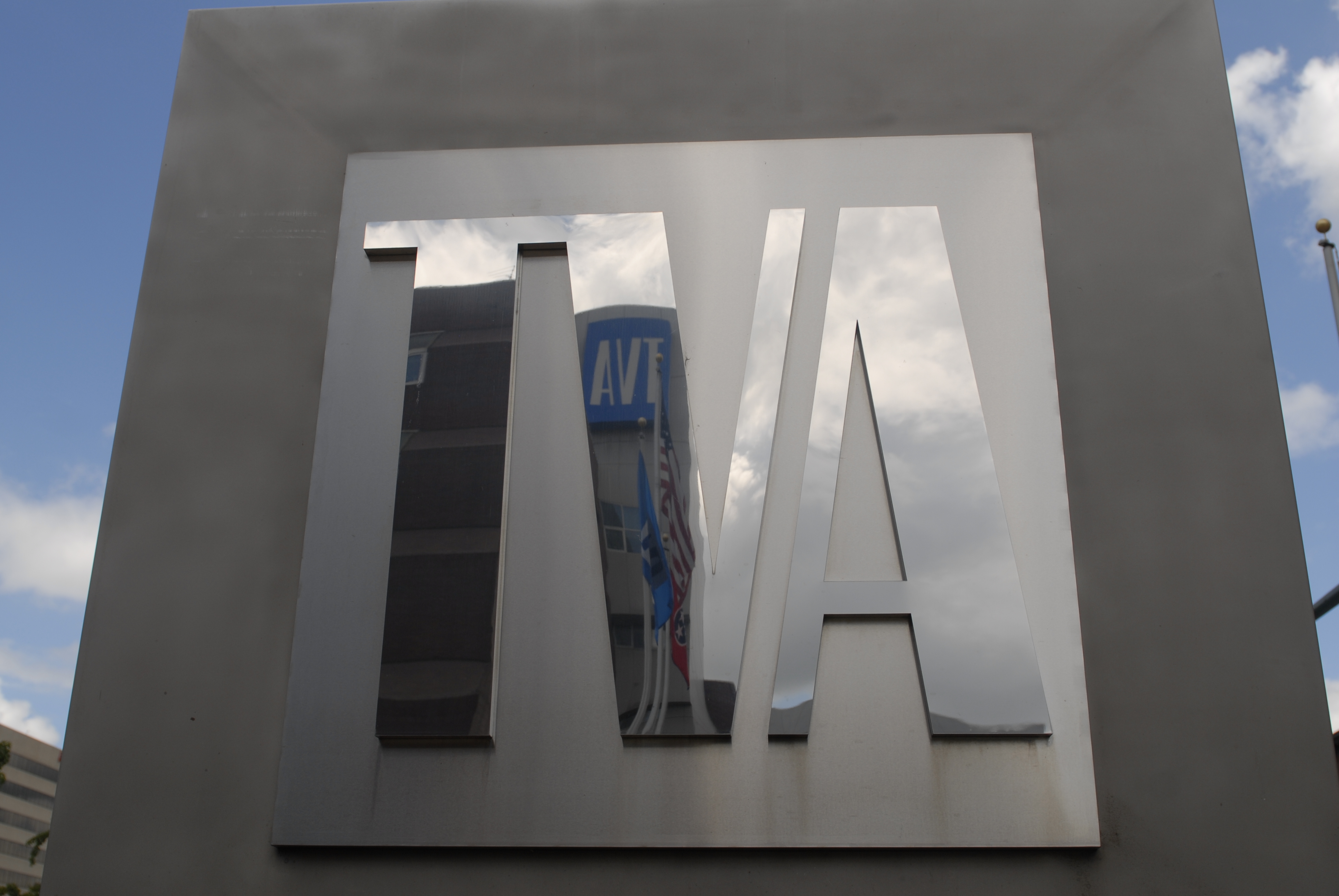Selling TVA wouldn't do much, if anything, to limit the federal debt, but it could push electric rates higher in the Tennessee Valley, according to an outside financial review of the America's biggest government utility.
A new study released today by financial analysts at Lazard Freres & Co., LLC, recommends against trying to sell TVA. In a 139-page report given to White House budget planners, Lazard says TVA is improving its fiscal health and won't need to boost borrowings above the Congressionally imposed limit.
Lazard has suggested other federal agencies be sold or privatized in the past. But the consultants concluded that TVA and its ratepayers are better off under the current federal ownership and governance at TVA than they would be if the utility were sold or converted to private ownership.
"TVA's current strong financial position, ability to self-fund its construction program and anticipated improvements in cost structure, environmental profile and asset mix as a result of long-term initiatives suggest there is no impetus for the federal government to change course," Lazard concluded.
If TVA were sold to a private utility that tried to earn comparable returns to most investor-owned utilities, Lazard analysts project electricity rates could initially increase by 13 percent in TVA's 7-state service territory.
The study was prepared in response to recommendations in each of the past two White House budget plans that the federal government divest TVA to limit the federal debt and liability incurred by the government-owned utility. The Times Free Press filed a Freedom of Information Act request to obtain the study, which was paid for by TVA and completed in January.
TVA was created in 1933 as part of Franklin Roosevelt's New Deal and TVA's debt is counted as part of the overall federal debt total. But as an independent federally owned corporation, TVA has been self financing since 1959 and hasn't received any taxpayer support since 1999, even for the expense of managing the Tennessee River and more than 300,000 acres of reservoir and shoreline property in parts of seven states.
Lazard analysts noted that if TVA was privatized or sold to another private utility, "it is unclear how TVA's non-power mission and activities would logically fit" with other federal agencies or a revamped TVA. That could threaten TVA's water quality programs, economic development initiatives, recreational facilities and land management activities, Lazard said.
A White House official said the Lazard study "identifies several important risks" for TVA and federal taxpayers if TVA fails to effectively manage its costs or its projected power needs. The Office of Management and Budget is continuing a strategic review of TVA, which benefits by an implied but not direct backing of its bonds by the federal government.
"The administration continues to believe that reducing or eliminating the federal government's future role in programs such as TVA, which have achieved their original objectives, may help mitigate risk to taxpayers," OMB said in a statement. "However, our first priority is to support and monitor TVA - with as little disruption to management as practical - as it implements these important measures."
Last year, the OMB warned that TVA's capital spending plans threatened to push TVA's debt above its $30 billion statutory limit. But after closing down its older coal plants, suspending work at the Bellefonte Nuclear Plant and trimming $500 million of annual operating expenses, TVA is expected to cut is borrowings from a peak statutory debt of $26.5 billion in 2015 to only $20.8 billion in debt by 2023.
In the White House budget plan unveiled in April, OMB suggested TVA also could be sold or transferred to another public power identity such as a power cooperative or regional power agency created by governments or electric distributors within the Tennessee Valley. But so far, no governors, lawmakers or distributors of TVA power are pushing for such a change.
When Obama's budget planners first proposed TVA be sold or privatized in early 2013, even traditional free-market Republicans in the Tennessee Valley denounced the idea.
U.S. Sen. Lamar Alexander, R-Tenn., called the Obama proposal for the federal government to dispose of TVA "one more bad idea in a budget full of bad ideas." U.S. Rep. John L. Duncan, R-Knoxville, said privatization is "something that has been proposed in the past and been determined to be a very bad idea."
Although there have been proposals to sell or privatize TVA through its 81-year history, the Lazard report appears likely to put such efforts to rest, at least for the immediate future.
TVA spokesman Duncan Mansfield said today that agency "is pleased the Lazard report supports TVA's financial and operational plan.
"The review also validated that TVA provides substantial economic and other benefits for the region," Mansfield said.

